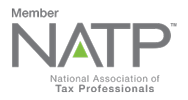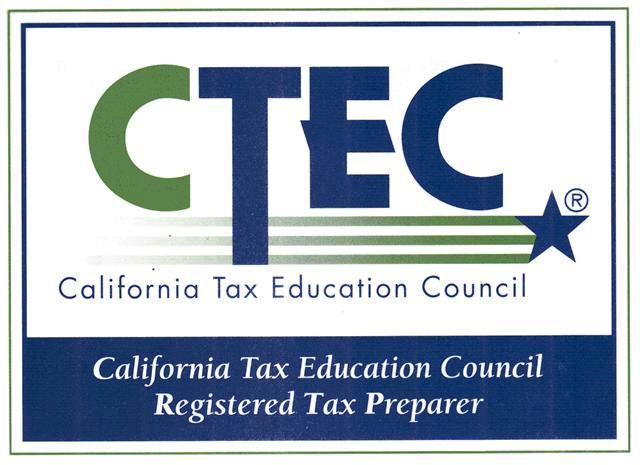Many businesses, enticed by misleading information, have found themselves unwittingly in non-compliance with ERC regulations. The IRS has urged tax preparers to act soon to verify their compliance, emphasizing the need for proactive review and correction.
To help tax preparers who are victims of misinformation, the IRS established the ERC Voluntary Disclosure Program. This program offers an opportunity for businesses to rectify erroneous filings by repaying only 80% of the claimed amount. Additionally, for claims pending processing, prompt action is advised to initiate the withdrawal process if eligibility criteria are not met.
The March 22 deadline for the Voluntary Disclosure Program is swiftly approaching, however, so it is imperative that businesses reassess their claims.
Seven warning signs of ERC non-compliance
The genesis of these cautionary measures lies in the deceptive marketing tactics employed by certain entities, which oversimplified ERC eligibility requirements. The IRS has highlighted seven key warning signs indicative of potentially erroneous claims, drawing attention to common pitfalls.
- Excessive Quarters Claimed: Claiming ERC for all available quarters without meeting eligibility criteria.
- Misinterpretation of Government Orders: Erroneously claiming ERC based on government orders without proper qualification.
- False Reliance on OSHA Communications: Incorrectly citing Occupational Safety and Health Administration (OSHA) communications as grounds for ERC eligibility.
- Inaccurate Employee Count and Calculations: Overclaiming by including ineligible wages or miscalculating credit amounts.
- Unsubstantiated Supply Chain Disruptions: Erroneously attributing ERC eligibility to supply chain disruptions without meeting requisite conditions.
- Misrepresentation of Tax Period Coverage: Falsely claiming ERC for entire tax periods without meeting suspension criteria.
- Nonexistent or Ineligible Business: Claiming ERC for periods when no wages were paid or when the business did not exist.
Businesses must exercise caution and seek guidance from reputable tax professionals to navigate the complexities of ERC claims. It is essential to avoid promoters who fail to request detailed business records or exhibit a lack of understanding of eligibility criteria.
Tax preparers are responsible for staying informed and ensuring accurate ERC claims. The IRS provides valuable resources, including FAQs and an ERC Eligibility Checklist, to aid in understanding eligibility criteria. By leveraging these resources and fostering a proactive approach, tax preparers can protect themselves against ERC fraud and penalties for non-compliance.
Source: IR-2024-39





